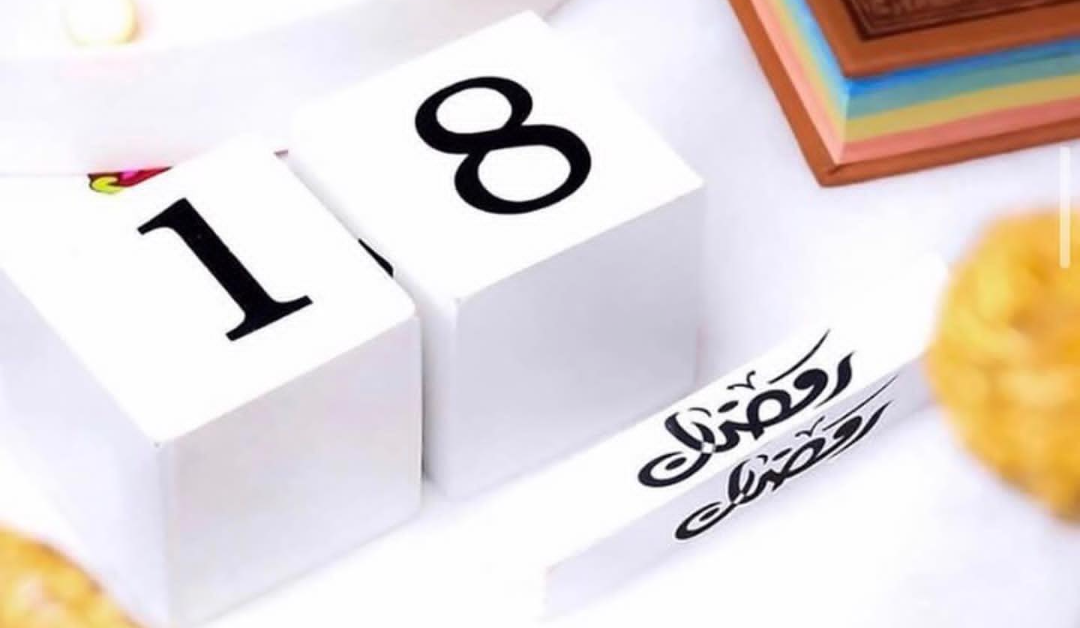Ruling on reading books and articles by fortunetellers and astrologers
It is not permissible to ask fortunetellers questions, even if you do not believe them.
It is not permissible to ask fortunetellers questions, because the Prophet (blessings and peace of Allah be upon him) said: “Whoever goes to a fortuneteller and asks him about anything, no prayer will be accepted from him for forty days.”
This applies to the one who asked him a question without believing him. However, if he also believes that, then the matter is more serious, as the Prophet (blessings and peace of Allah be upon him) said: “Whoever has intercourse with a menstruating woman, or with a woman in her back passage, or goes to a fortuneteller and believes what he says, has disbelieved in what Allah sent down to Muhammad (blessings and peace of Allah be upon him).” Narrated by Ahmad (9779), Abu Dawood (3904), at-Tirmidhi (135), and Ibn Maajah (936). Classed as saheeh by al-Albaani in Saheeh Ibn Maajah.
Reading the words of fortune tellers and soothsayers is haraam (forbidden).
It says in Kashshaaf al-Qinaa‘ (1/434): It is not permissible to look at the books of the People of the Book – this was stated by Imam Ahmad – because the Prophet (blessings and peace of Allah be upon him) got angry when he saw that ‘Umar had a page of the Torah, and he said: “Are you doubting, O son of al-Khattab…?” And it is not permissible to look at the books of the people of innovation, or books that contain [a mixture of] truth and falsehood, or to narrate them, because of the harm that may cause by corrupting people’s beliefs. End quote.
In (3/34) it says, discussing haraam branches of knowledge: … and prohibited branches of knowledge, such as ‘ilm al-kalaam [“Islamic philosophy”], or philosophy, charlatanry. astrology, geomancy, and other kinds of divination. Also prohibited are witchcraft and amulets written in languages other than Arabic for those who do not understand their meanings.
Also prohibited is working out the numerical value of a person’s name and his mother’s name (numerology), or working out his “star sign” (horoscope), and determining on that basis that he will be poor or rich, or other supposed astrological indications of worldly fortunes. End quote.
It says in Fataawa al-Lajnah ad-Daa’imah (1/203): What is the Islamic ruling on believing in the horoscopes that are found in newspapers and magazines, and on reading them?
Answer: Believing that bad luck and good luck are connected to the stars and constellations comes under the heading of the shirk of the early Magians and the Sabians among the philosophers, and others of that ilk among disbelieving and polytheist groups. Claiming to have knowledge of that is clearly claiming to have knowledge of the unseen, and that is like trying to compete with Allah in His sovereignty; this is a grave form of shirk. Moreover it is in reality charlatanry and lying, toying with people’s minds, consuming their wealth unlawfully, corrupting their beliefs and confusing them.
Based on that, it is haraam to publish horoscopes, to read them and to propagate them among the people, and it is not permissible to believe them; rather this is a branch of disbelief (kufr) that is contrary to Tawheed. What is required is to avoid that, advise people to keep away from it, rely on Allah (may He be glorified and exalted) and put your trust in Him in all your affairs.
Source:
Sheikh Muhammed Salih Al-Munajjid
https://islamqa.info - Islam Question and Answer
 أرسلها على تطبيق الواتساب
أرسلها على تطبيق الواتساب 